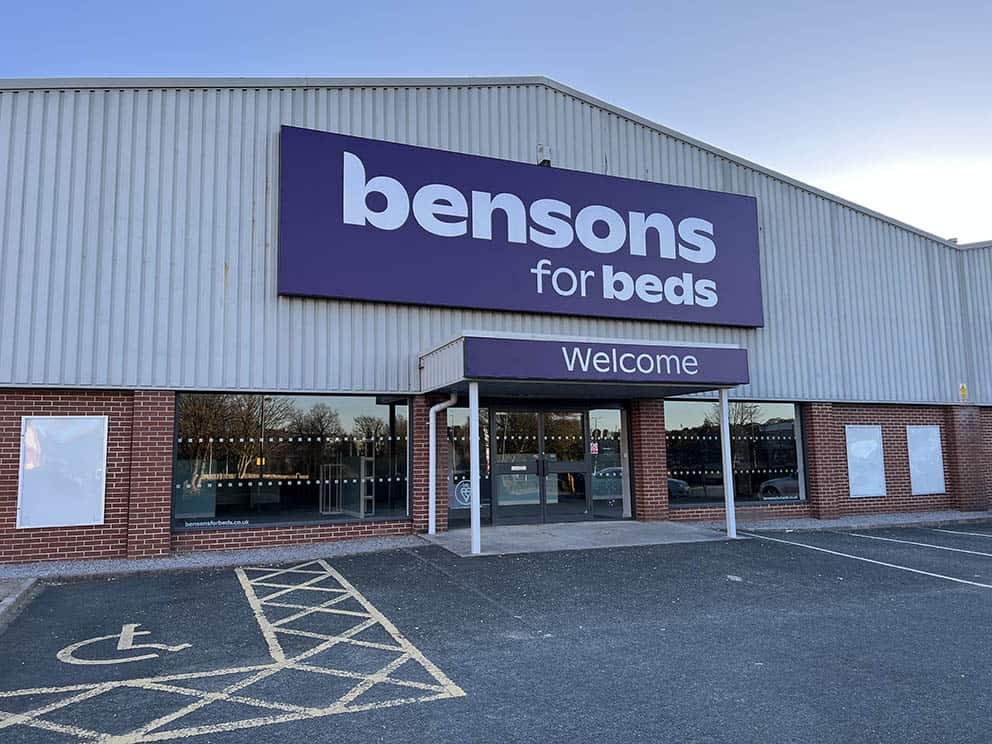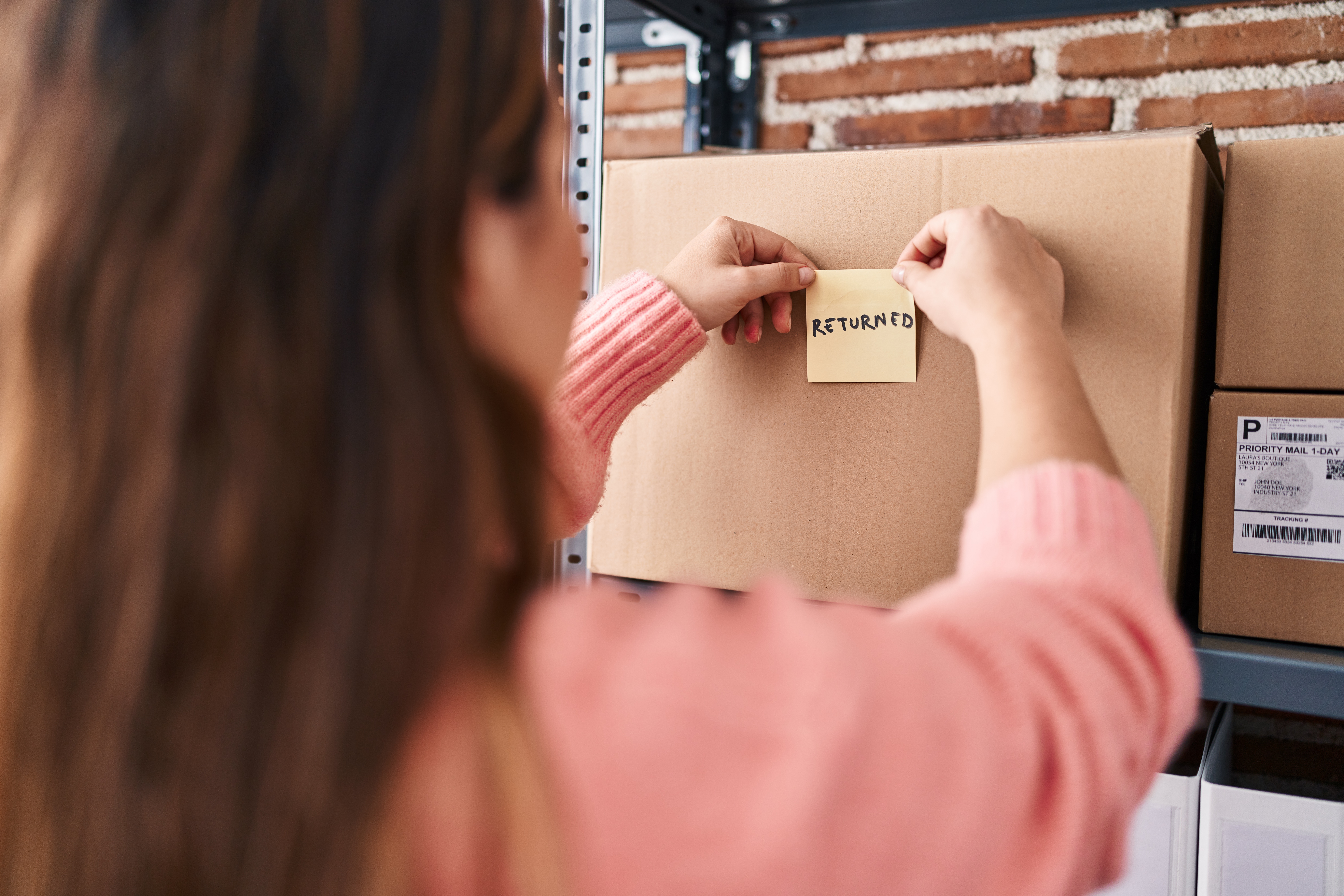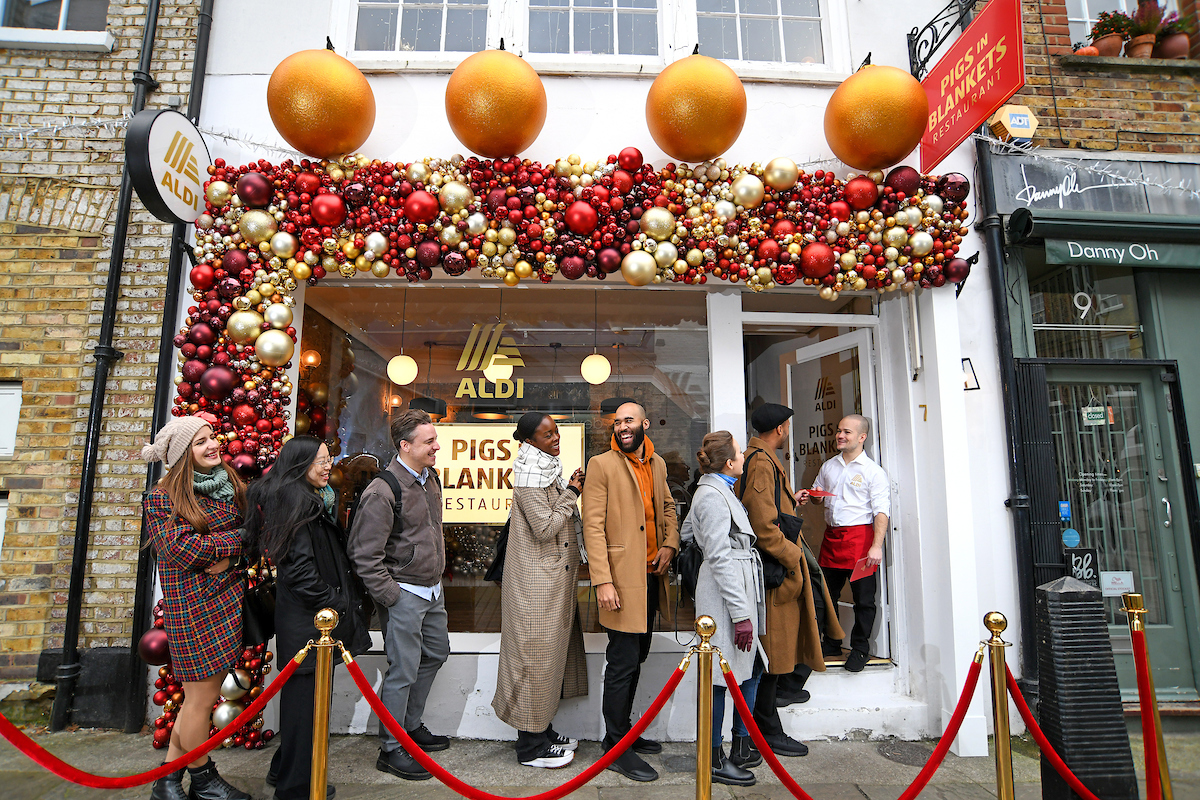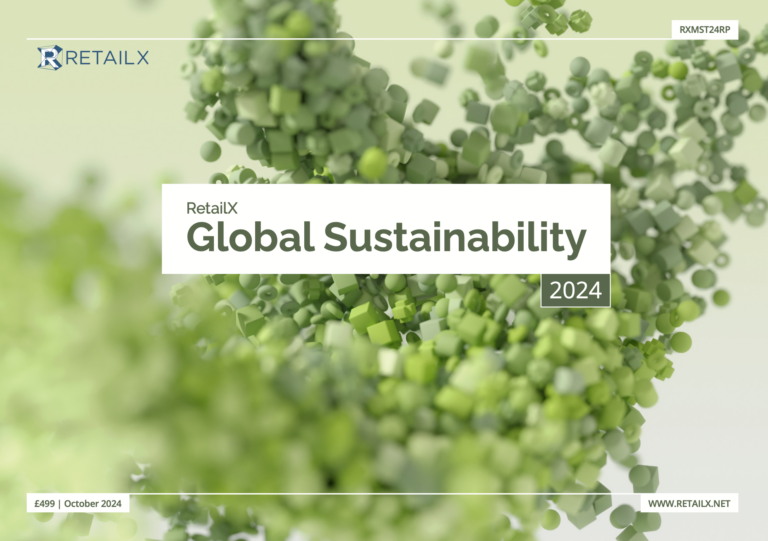Bensons for Beds has reported sales growth in the Christmas quarter of its financial year, with online sales up by 41% on the same time last year in the wake of investment online and in-store.
The bed and mattress retailer, ranked Top150 in RXUK Top500 research, says its digital success reflects its investment in omnichannel capabilities. Its like-for-like sales – which strip out the effect of store openings and closures – grew by 7% in the three months to December 31 2022, compared to the same time last year. Sales also grew into its post-Christmas peak trading period, starting on Boxing Day.
In-store sales grew as customers spent more in transactions, and despite weaker footfall. The retailer had 168 shops by the end of 2022, after opening or moving 18 stores during the previous 12 months, and now aims to open more, growing its store estate to between 180 and 190 in the next two years.
Bensons has also invested in digital infrastructure and in staff. It has put a customer data platform in place in order to gain insights into how its customers shop across channels as it looks to both win new customers and increase conversion rates.
Nick Collard, Bensons for Beds chief executive, says: “Our performance over the quarter provides a good indication that our investments across the business are beginning to bear fruit. We have made big steps towards our goal of becoming a market-leading omnichannel retailer, reflected in the rise in sales at an important time of the year. Although we expect the market to remain challenging, we remain well placed to navigate the year ahead.
“I’d like to thank the dedication and hard work of all our colleagues as we continue to transform the business as we invest online, in stores and in our ranges.”
Bensons for Beds, backed by Alteri Investors, has been a standalone business since 2020. In August 2022 it won extra funding to invest in digital transformation and a growth strategy and went on to buy mattress pureplay Eve Sleep out of administration in October.
Bensons continues to invest both in building its range of brands – from Slumberland and Staples & Co to Eve Sleep – and in UK-based manufacturing. Some 65% of the products it sells were made in the UK – about half at its factory in Huntingdon.









